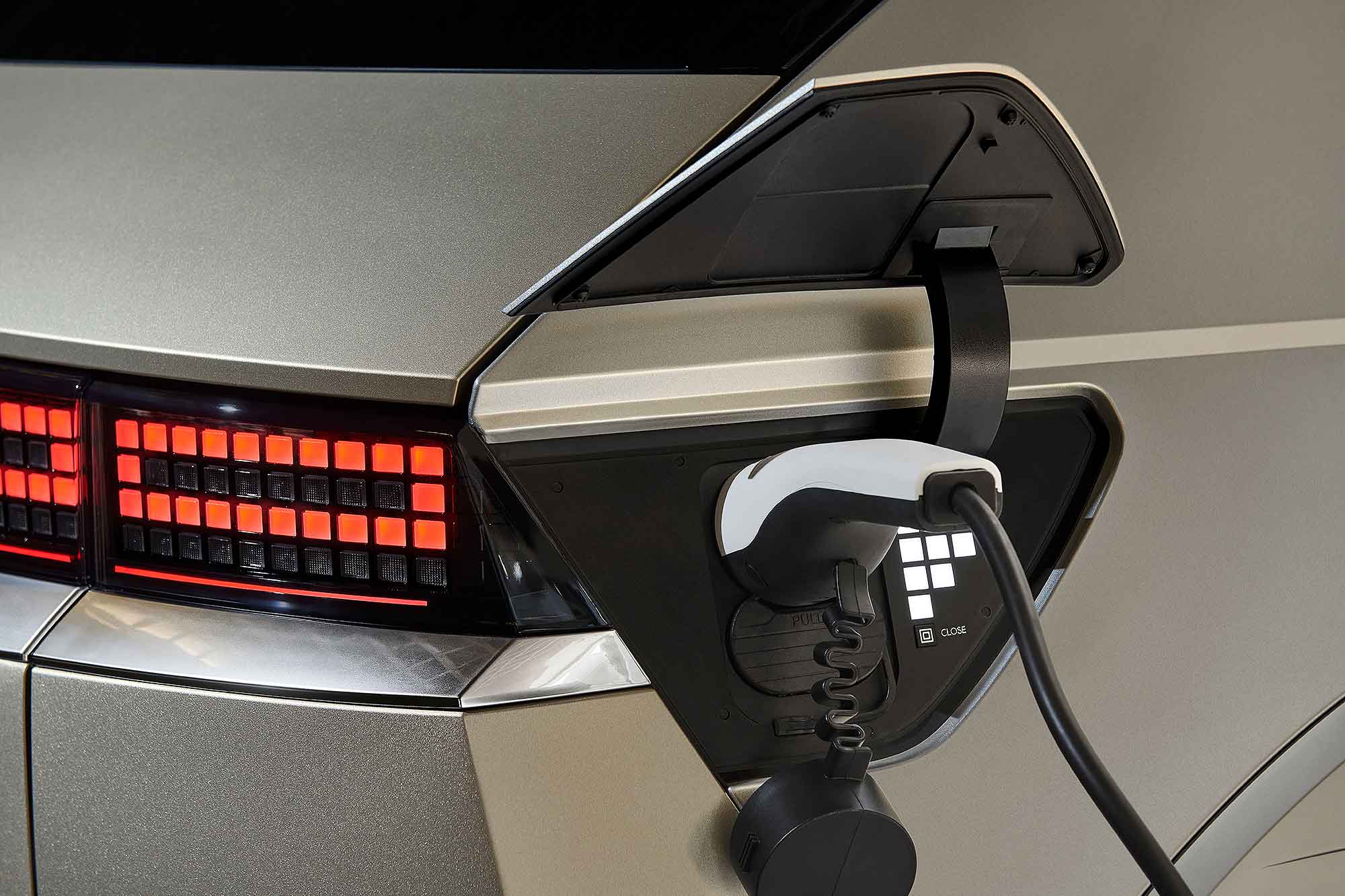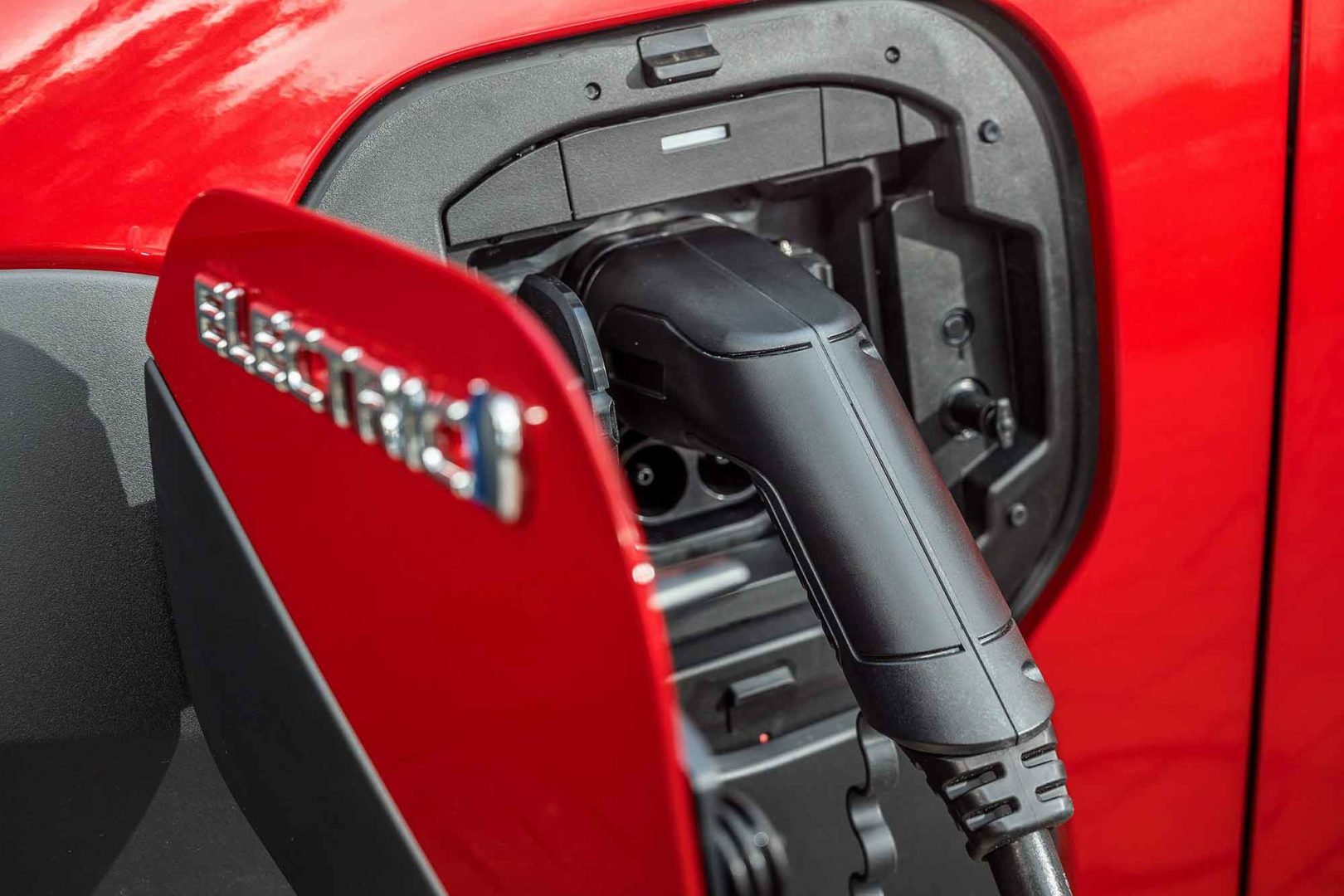
UK advertising watchdog the ASA has banned electric car adverts from Hyundai and Toyota over “exaggerated” charge speeds and for “misleading” consumers over UK rapid charger availability.
Adverts for the Hyundai Ioniq 5 included a digital billboard at London’s Piccadilly Circus. It featured the statement, ‘10% to 80% charge in 18 minutes using a 350kW charger’.
Complainants questioned whether the claim could be substantiated and said it was misleading.
Adverts for the Toyota BZ4X said rapid charging could recharge 80% of the battery in around 30 minutes.
The complainant also challenged this claim.
The ASA upheld both compaints – the first time it has banned ads against electric car advertising claims.
It also instructed Hyundai and Toyota not to mislead motorists about battery charging times in the future.
Real world factors

In its response to the Hyundai ad, the ASA said that various real-world factures, such as ambient temperatures and the age of the battery, would affect the time taken to charge to 80%.
It said it would “expect Hyundai to qualify the charging claim with an explanation of the conditions under which the figures were achieved and that they may not reflect actual consumer experience”.
The ASA also pointed to the limited availability of the 350kW ultra-rapid chargers that would deliver 18-minute charge times for the high-tech Hyundai Ioniq 5.
In April 2022, there were just 37 350kW chargers in Great Britain, six in the Republic of Ireland, “limited numbers in Wales and Scotland and none in Northern Ireland”.
In its response to Toyota, the ASA questioned whether the average consumer would have an awareness of the speed or availability of a 150kW charger compared to other EV chargers.
It said Toyota’s campaign would give the average consumer the impression it was relatively straightforward to access 150kW chargers throughout the UK in public places.
Toyota’s qualifier that ‘rapid charging power ratings can vary by location’ was insufficient, given the varying availability of 150kW chargers across the UK (of which there are none in Northern Ireland).
The ASA instructed both Hyundai and Toyota to not mislead about battery charging times in their ads.
ALSO READ
Aston Martin strikes deal with Lucid for electric cars